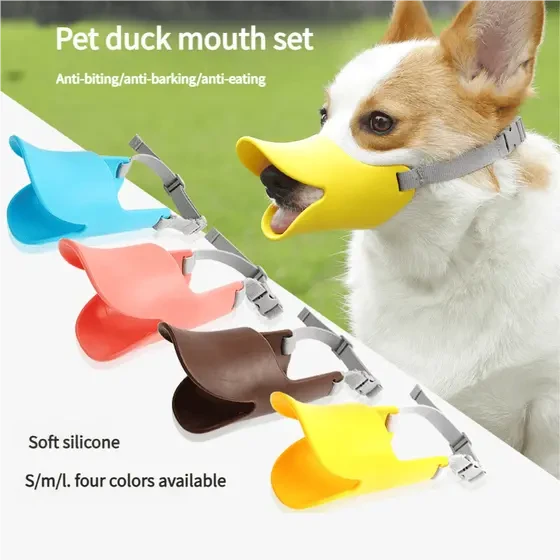Three Essentials in Daily Dog Feeding
Many dog owners do not pay attention to the proper feeding methods: for example, some dog owners who love their dogs give their dogs many snacks or junk food every day; some others, afraid of their dogs becoming overweight, dare not feed their dogs anything. In fact, both these methods are incorrect. Below we introduce the three essentials in dog feeding: water, protein, and fat.

Dog
1. Protein Protein is the basis of a dog's life activities, accounting for half of the "dry" weight and is the substance with the highest content in the body after water. Various tissues and organs in the body, enzymes involved in material metabolism, and antibodies are all composed of protein.
When the body is injured, the demand for protein increases to repair cells and organs. Protein deficiency causes the protein metabolism in dogs to become unbalanced, leading to loss of appetite, weight loss, slow growth, reduced protein content in the blood, and lowered immunity. "We Love Pets" also reminds dog owners to note: protein deficiency is bad, but feeding dogs excessive protein is also not good.
If dogs consume too much protein, it not only wastes resources but also causes metabolic disorders, resulting in dysfunction of the heart, liver, and digestive system, and in severe cases, acidosis. Generally, adult dogs need about 48 grams of protein per kilogram of body weight daily, while puppies in the growth period need about 9.6 grams.
2. Water Water is an essential nutrient for dogs. The body of an adult dog contains about 60% water, and the proportion is even higher in puppies. Water is necessary for the metabolism of dogs; the endocrine system and cell structure depend on the presence of water to maintain normal function.
In addition, water vapor evaporating through the skin and respiratory system forms heat exchange with the outside environment and can reduce body temperature. If nutrients do not dissolve in water, they cannot be fully absorbed, especially for sick dogs. Without water, they cannot regain health. Dogs can go two days without food but cannot go one day without water. A 20% water loss can be life-threatening. During hot seasons, after exercise, or when feeding dry food, water intake should be increased.
Water should be supplied all day long and dogs should have free access to drink. Under normal circumstances, adult dogs require about 100 milliliters of water per kilogram of body weight each day, and puppies require 150 milliliters per kilogram daily.
3. Fat Fat is one of the important energy sources required by the body.
One gram of fat fully oxidized can produce 39.3 kilojoules of heat, which is higher than carbohydrates and proteins. The fat content in a dog's body is about 10-20% of its body weight. Fat is also a major component of cells and tissues, a solvent for fat-soluble vitamins, aiding in their absorption and utilization, and the fat layer stored under the skin provides insulation. Fat is gradually broken down into fatty acids in the body and absorbed.
If the dog food lacks fat for a long time, it can cause serious digestive disorders and central nervous system dysfunction. At this time, your dog may show symptoms such as lethargy, rough coat, lack of sexual desire, poor testicular development, or abnormal estrus in female dogs.
Puppies require 1.1 grams of fat per kilogram of body weight daily, and adult dogs should have 12-14% fat content calculated on dry feed matter basis.


